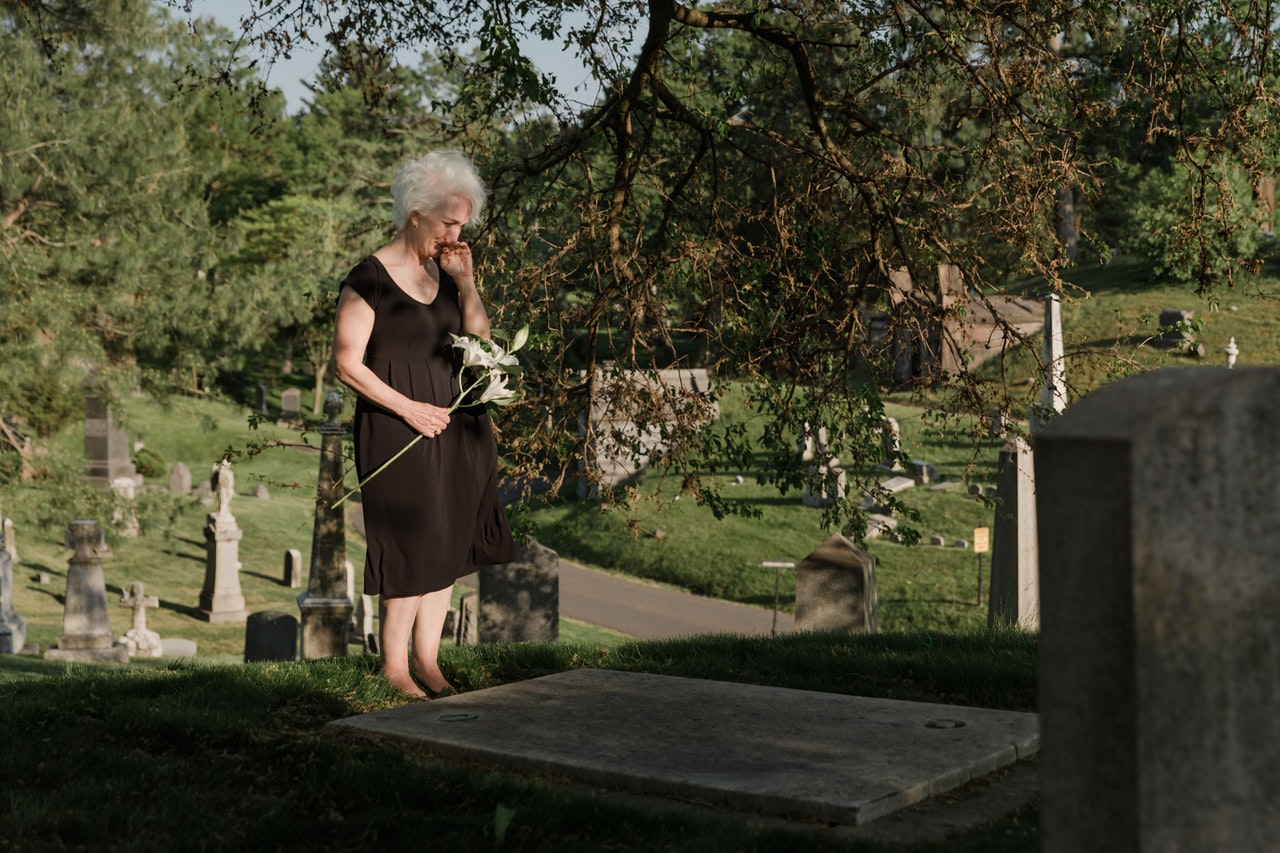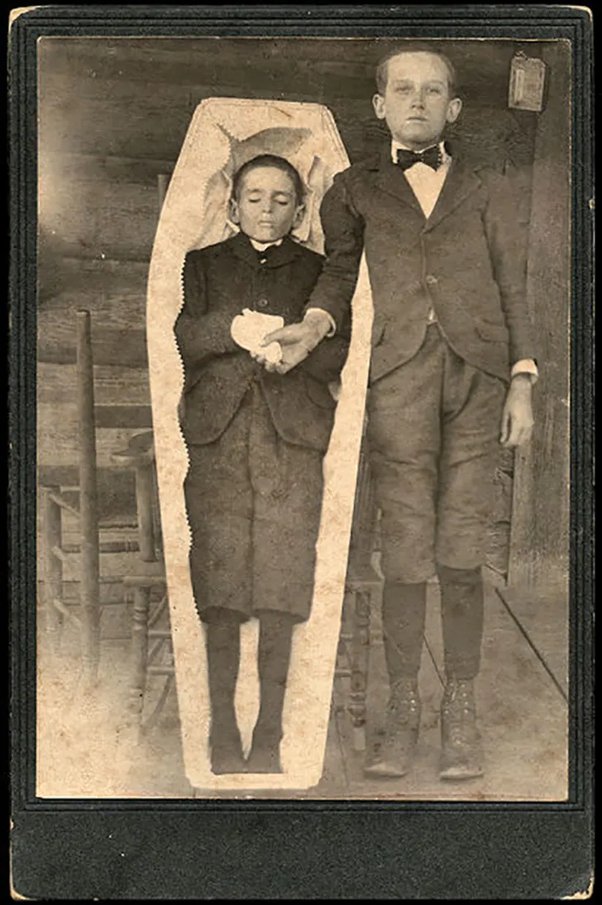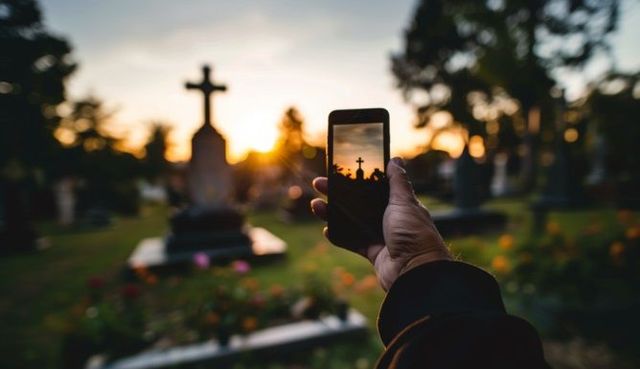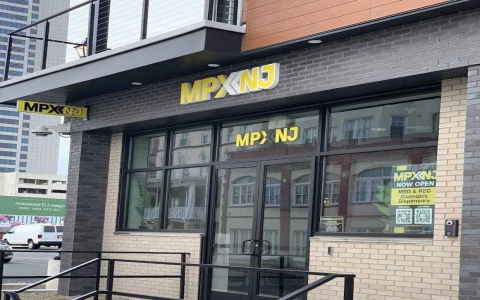Is It Inappropriate to Take Pictures at a Funeral?
Funerals serve as a sacred space where loved ones gather to commemorate the life of someone who has passed away. These moments are steeped in deep emotion, reverence, and reflection. As technology has seamlessly woven itself into our daily routines, the question arises: Is it acceptable to capture these somber occasions in photographs?

The act of taking pictures at a funeral raises significant ethical and social considerations. Many people view funerals as private moments filled with grief, where the focus should remain on honoring the deceased and supporting their family. Amid such intimacy, the presence of cameras can feel intrusive, transforming a personal farewell into a public spectacle.
Cultural Differences and Sensitivities
Different cultures have varying attitudes toward photographing funerals. In some traditions, taking photographs is considered a respectful way to preserve memories of the deceased. In others, however, it is seen as disrespectful and a violation of privacy. Understanding and respecting these cultural nuances is paramount. If one is unsure about the appropriateness of photography in a specific context, seeking guidance from family members or close friends of the deceased can clarify the matter.
Emotional Impact on Attendees
The presence of a camera during a moment of mourning can elicit mixed feelings among mourners. For some, capturing memories of the occasion might seem like a way to remember their loved one, but for others, it could feel like an invasion of their grief. When emotions are raw, adapting to the circumstances and respecting the feelings of others becomes crucial. It’s essential to consider how the act of photographing may affect those who are grieving.
What Do the Family Members Say?
Before even considering whipping out a camera, it’s advisable to inquire whether the family is comfortable with photographs being taken. If the family expresses the wish to keep the occasion private, that desire should be honored. An empathetic approach is essential; photography that doesn’t consider the family’s wishes can lead to emotional distress and feelings of betrayal.
Choosing the Right Moments

If permission has been granted and the family supports photography, exercising discretion and sensitivity becomes vital. Opting for candid shots that focus on the meaningful connections between attendees rather than staged scenes can be a loving way to capture the spirit of the gathering. Observing the atmosphere and understanding when to step back is key.
Potential for Social Media Oversharing
Another layer of complexity arises with the influence of social media. In a world where sharing every moment online has become the norm, one must tread lightly. Posting photos from a funeral on social media platforms can provoke strong backlash. Many people view such actions as disrespectful to the deceased and their grieving loved ones. The norm should be to keep such moments private and confined to personal circles unless explicit permission has been given to share.
Respecting Privacy
Maintaining the dignity of the event is crucial. It’s imperative to avoid photographing moments that could be seen as vulnerable or distressing for others. This includes individuals who might be visibly emotional. A camera should never overshadow the need for respect during such a delicate time.
Final Thoughts on Making Ethical Choices
Ultimately, the decision to take photographs at a funeral should always stem from a place of empathy and respect. Understanding and considering the sentiments of the grieving family, the cultural context, and the reliance on one’s intuitive judgment can guide one towards the right choice. Celebrating a life well-lived can be an enriching experience, but doing so with care and consideration ensures that memories are honored rather than exploited.
In summary, while there are circumstances where photography may be acceptable, approaching the subject with caution, respect, and compassion should always prevail. By doing so, we can navigate the intersection of preserving memories and honoring the profound significance of a funeral without crossing the line from respect into disrespect.




